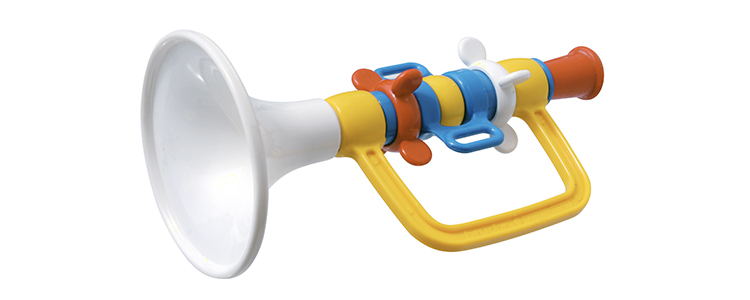



If your end-of-the-year family gatherings - culturally-based or not - create more stress than joy for you and your children, rest assured, you’re not alone. Many people do not eagerly anticipate the thought of packing the car and driving hours to get together with relatives they barely know - especially if they’ve become obligatory rather than wanted events. And if you’ve drawn the short straw and it’s your turn to host the family gathering, you might be adding a whole other layer of stress and expectations - imposed by self or others.

I used to be a worrier, playing out infinite possibilities in my head regarding daily scenarios. But as the uncertainties in my life have increased exponentially, the amount of worry has significantly decreased. If I were a sage or a wise person, I’d tell you that I’ve learned to accept everything in my life and that’s why I don’t worry more frequently. I’d also be a liar. What I have done is learned to better handle worry. That’s not to say that I don’t do it; it’s to say that I’ve learned to worry better. Here's how.

According to Sari Solden, in her book Women with Attention Deficit Disorder, “Almost all women find that life today is complex, upsetting, or frustrating, but they are still able to meet most of [life’s] demands reasonably well... For women with untreated Attention Deficit Disorder (ADD), however, the demands of daily life can be crippling. It cripples their self-esteem, their families, their lives, their work, and their relationships.” ADD, also known as Attention-Deficit Hyperactivity Disorder (AD/HD), affects between 3 and 5 per cent of the population. However, adult ADD, especially as it appears in women, often goes unrecognized.

Postpartum Mood Disorder, (PPMD), is the No. 1 complication with childbirth. It affects 15 to 20 per cent of new mothers, and is often undiagnosed in women, leaving new moms worrying and wondering why they don’t feel ‘normal.’PPMD can affect women who have had a baby, stillborn child or miscarriage, women who are pregnant or after weaning their child from breastfeeding. PPMD can include any number of symptoms: obsessive-compulsive behavior, depression, anxiety or anger. Lindsay Bagley, a licensed mental health counselor and master’s-level therapist, suggests talking with a trusted friend is the first step in reaching out for help.
Calgary’s Child Magazine © 2024 Calgary’s Child